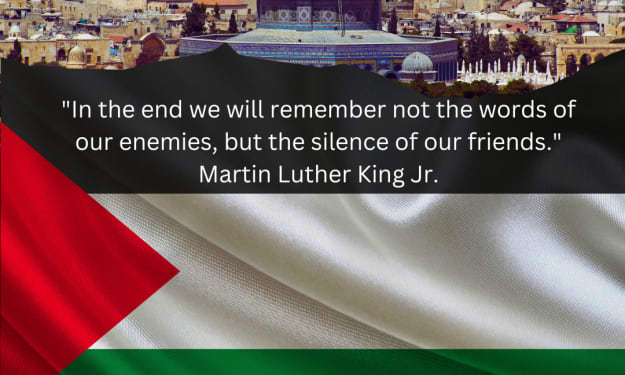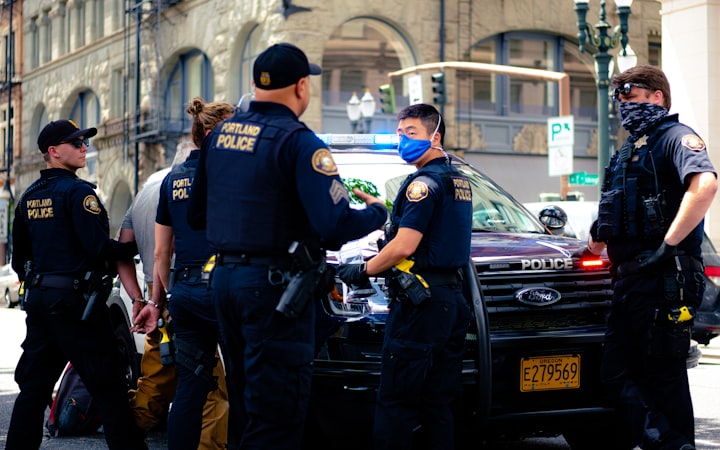How Cocaine Is Made In Colombia
With bootleg gasoline

In the verdant depths of Colombia's vast jungle, a clandestine industry thrives, hidden from the prying eyes of law enforcement. These are the illegal oil refineries, the murky heart of an operation that fuels not just vehicles but also the insatiable appetite for cocaine, the dark currency of the global drug trade. Led by Jorge Moreno, a seasoned commander, a special police force embarks on a perilous mission to dismantle these illicit operations, confronting not only criminal syndicates but also the environmental devastation left in their wake.
The genesis of this illicit trade lies in the theft of crude oil from the Transandino oil pipeline, a vital artery in Colombia's petroleum infrastructure. Despite the inherent risks, local residents brazenly siphon off crude and transmute it into low-grade gasoline, colloquially known as "Patigrillo." This substandard fuel, unfit for legitimate use, finds its illicit purpose as a crucial component in the production of cocaine. Colombia, a perennial epicenter of the global cocaine trade, grapples with the enduring legacy of the War on Drugs, a battle waged since the 1970s, predating the notorious reign of drug kingpin Pablo Escobar.
As dawn breaks over the jungle, Moreno's elite team, augmented by nearly 200 soldiers, plunges into the emerald depths, armed to the teeth and resolute in their mission. Guided by meticulous planning and cutting-edge technology, they navigate the labyrinthine trails of the jungle, tracking the subtle clues that betray the presence of illicit refineries. From anomalies in pipeline pressure to the acrid stench of stolen crude, every detail serves as a signpost in their relentless pursuit. Their odyssey takes them through unforgiving terrain, where the scars of environmental degradation bear testament to the insidious footprint of illegal activity. Abandoned refineries litter the landscape, leaving behind a toxic legacy of spilled gasoline, contaminating the earth and poisoning wildlife.
For Moreno and his dedicated cadre, the task of dismantling these refineries is both a grim duty and an urgent imperative. In the dense jungle, helicopters are impractical, leaving the ground assault as the only viable option. Yet, the destruction of these facilities risks further pollution, as burning fuel sends plumes of toxic smoke into the already fragile ecosystem. Despite their valiant efforts, the scope of the problem remains staggering. While they managed to obliterate 60 labs in a single concerted effort last year, hundreds more continue to operate with impunity, fueled by unrelenting demand and brazen disregard for the law.
Travo's story serves as a poignant reminder of the human cost of this illicit trade. Once a laborer in one of these refineries, he bears the physical and emotional scars of his time in the underworld. Caught in a blaze at an illegal facility, he suffered grievous injuries, consigning him to a life of solitude and suffering. Yet, for many like Travo, the lure of quick money outweighs the perils, as they toil in hazardous conditions without basic safety protocols or protections.
Beyond the clandestine world of illegal refineries, the story intertwines with the lives of coca farmers like Carlos and Francisco. Cocaine, derived from coca leaves soaked in gasoline, represents not just profit but survival for many families in remote corners of Colombia. Despite well-intentioned efforts by the government to incentivize crop substitution, the allure of coca persists, fueled by economic necessity and systemic neglect.
As Colombia grapples with the twin specters of drug trafficking and environmental degradation, voices like Gustavo Pedro advocate for radical solutions, including the legalization of cocaine. However, entrenched interests, particularly those of international partners like the United States, continue to thwart such efforts, perpetuating a cycle of violence and instability.
For Moreno and his intrepid team, the battle against illegal refineries is an arduous odyssey, fraught with danger and uncertainty. While each refinery destroyed represents a small victory in the broader war against narcotics, the underlying issues of poverty, corruption, and demand persist, casting a long shadow over Colombia's quest for redemption from its narco-trafficking legacy.
About the Creator
Hassaan Khalid
I'm not sure what to say here..






Comments
There are no comments for this story
Be the first to respond and start the conversation.